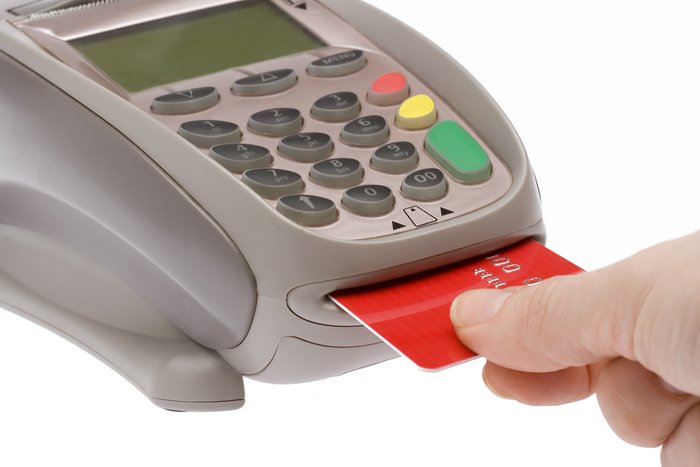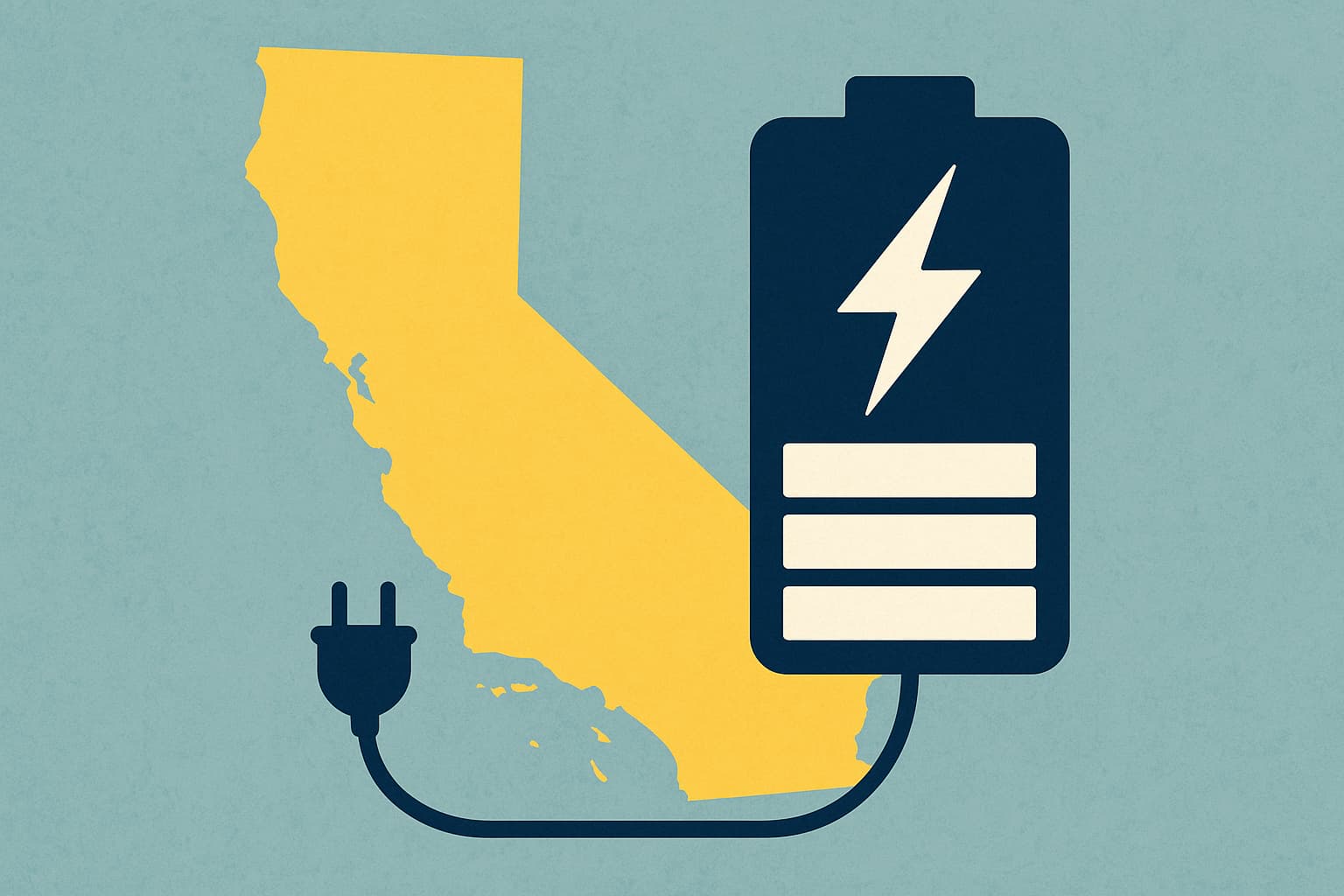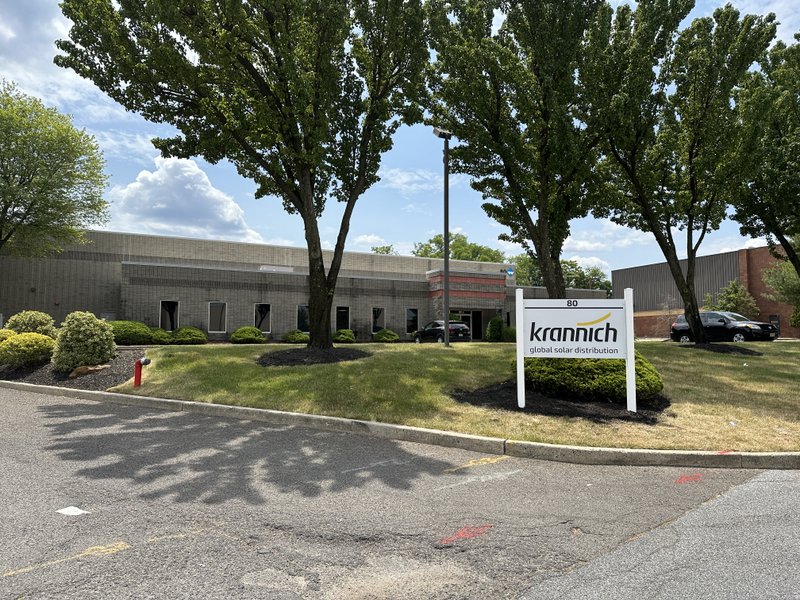How Ipsun Solar improved its margins via payment processing

One key effect we’ve seen from the pandemic is a widespread “pause” across industries ranging from restaurants to brick-and-mortar retail. While consumers were forced to reprioritize just about every aspect of their day-to-day lives, renewable energy and the fight against climate change remained top of mind for many. We saw businesses, cities, and entire states continue to emphasize their decarbonization plan, and, according to Deloitte, “Renewables edged out other electricity generation sources when electric demand fell this year.”
If we take a step back and look at the last decade, we see an average annual growth rate of 42% across the solar industry (SEIA), with consumers and businesses alike demonstrating an ever-growing hunger for renewable energy. With all of this growth potential laid out on the table, solar companies have also increasingly sought ways of navigating the tricky legacy infrastructure when it comes to payments processing and other business functions, making it tough to grow as fast as the market demands.
At Ipsun Solar, we searched for solutions to help with our backend payments processing after realizing far too much of our revenue was going to unnecessary transaction fees – and, what’s worse is that, the larger we grew, the more fees we were faced with. With locations in Virginia, Washington, D.C., and Maryland, we had a wide array of accounts receivable we were managing on a daily basis. Transaction fees would often surpass $50 per residential solar project, which alone added up to tens of thousands of dollars each year.
Back in 2019, ahead of the holidays, we experienced a sharp increase in install demands and decided then to seek out a solution to help streamline and simplify our payments processing.
We set out to find a platform that could offer automated invoicing that would seamlessly integrate with Netsuite to take the headache out of business payments entirely. This is when we found Paystand, a B2B payments network built on the blockchain to enable faster, cheaper, and more secure business transactions.
We were drawn to this provider as their approach to payments is much more modern and business-friendly. Particularly, they offer one flat fee for payments instead of transaction-based fees, which resulted in significant cost savings for the business.
Last year, we saved over $20,000 in payment processing fees after kicking off our work with Paystand and we’ve already shifted 30% of our payments to their zero-fee payment network. As our customers reach certain project development milestones, their invoices get released automatically and without manual intervention. Automating a handful of tasks that were often time consuming helped our team immensely and allowed them to focus on other, more mission-critical tasks that would help further grow the business.
The desire to switch to renewable energy will only continue to skyrocket as the cost of solar installation panels plummets. We’re constantly looking for ways to adjust our processes, and automation has proven to be one of the most valuable ways of doing that to date. We look forward to seeing more innovation within the solar industry as businesses share what’s helped keep them afloat and expedite growth – particularly in the aftermath of the pandemic.
Author: Herve Billiet, Ipsun Solar.





Comments are closed here.